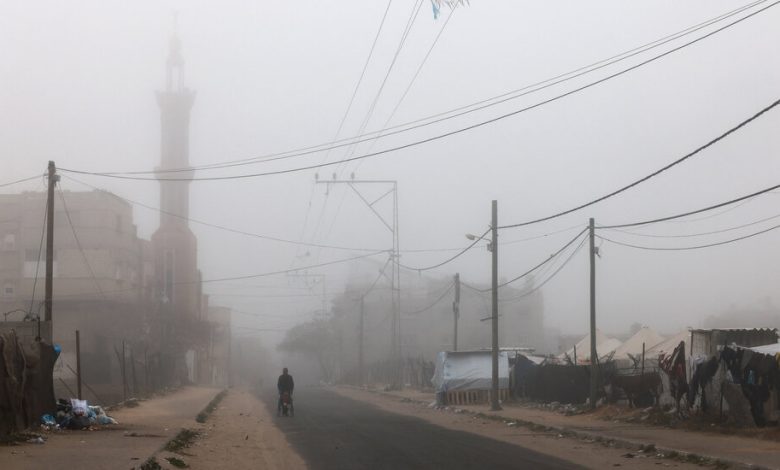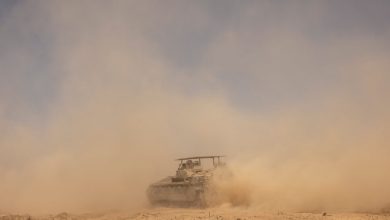Israel’s Security Depends on Rafah

Unfortunately, Benjamin Netanyahu is right — “unfortunately,” I say, because he is the most incompetent, corrupt and divisive Israeli prime minister ever, as many in Israel believe. But he is right that it’s crucial for Israel to conquer Rafah and destroy the Hamas battalions ensconced in that city at the southern end of the Gaza Strip, protected by a human shield of some 1.4 million residents and refugees from the north.
If this does not happen, Hamas will survive to fight and murder and rape another day — and its leader, Yahya Sinwar, will emerge from his hiding place declaring victory. And he will be right. For Palestinian-Israeli peace to have any chance, for regional stability and for the future welfare of Israel and Israelis, especially those living in the south of the country, Hamas must be obliterated.
Whether Israel will actually attack Rafah or whether it could carry out such an assault to what it considers a successful conclusion is still up in the air. This week, the Biden administration strongly cautioned against a full-scale invasion of Rafah, saying it could be enormously harmful to civilians and ultimately hurt Israel’s security. Mr. Netanyahu said on Monday that a date for an invasion had been set, although he didn’t specify what it was.
Of course, there are formidable reasons for Israel to refrain from invading Rafah. First, above all, is that human shield. Assaulting Rafah will inevitably cause many civilian casualties, despite assurances by Israel that it will move the civilians out of harm’s way before launching the offensive. The civilian toll in the prospective Rafah assault will come on top of the estimated 33,000 dead cited by the Hamas-controlled Gaza Health Ministry (which number includes the more than 12,000 Hamas fighters the Israeli military claims to have killed these past six months). Many of those were killed in ground offensives in Gaza City and Khan Younis to the north.
The additional civilian casualties and the attendant further disruption of humanitarian aid through the Egypt-Gaza border will ratchet up condemnation of Israel’s conduct by its Western allies, led by the United States. The threat of international sanctions is already on the table.
Second, for months Egypt has been telling Israel to stay out of Rafah. Cairo fears that an Israeli assault will spill over into the Sinai Peninsula and result in Palestinians pouring into Egypt. That could engender both a fresh humanitarian crisis and a political challenge, given Hamas’s kinship with Egypt’s powerful, though now banned, Muslim Brotherhood movement. Egypt has hinted that such an Israeli campaign could even subvert the 45-year-old Israel-Egypt peace treaty, seen by the Israeli government as a foundation stone of its national security.




